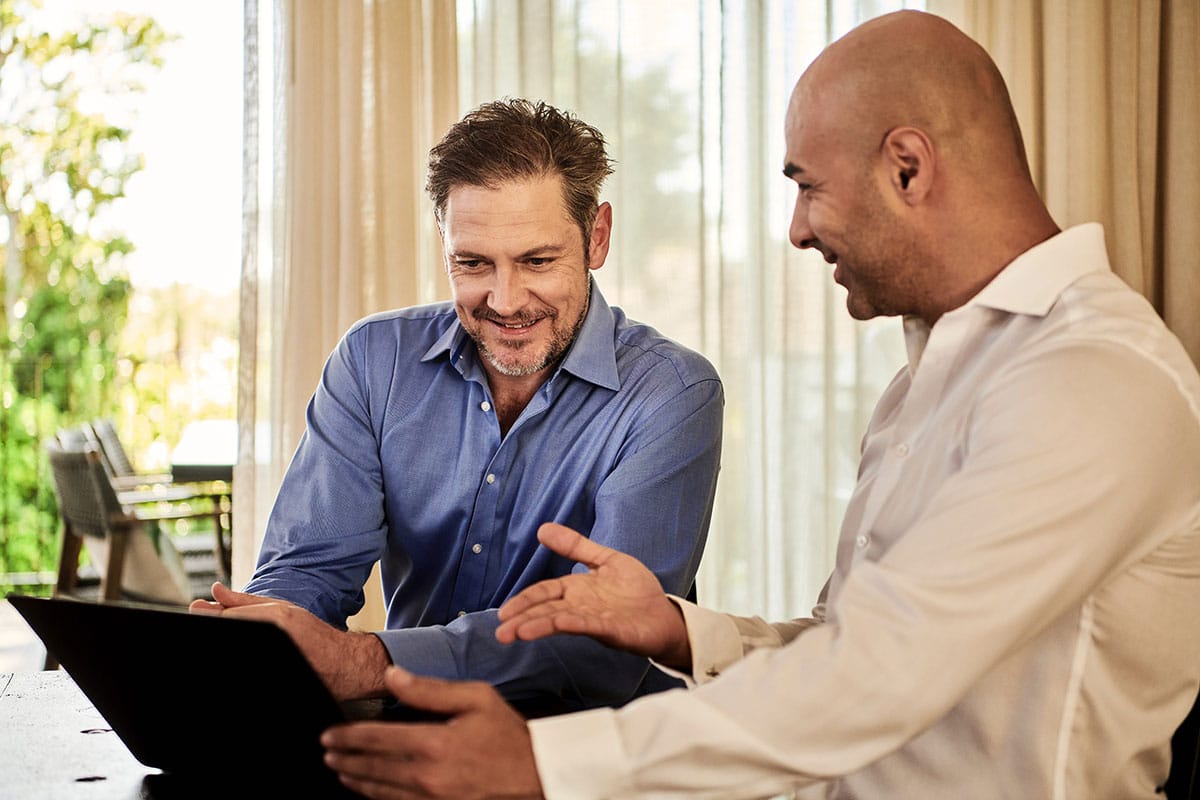Good afternoon, I’m Bradley Bailyn. This is Episode #17 of the #ThinkLikeALawyer Small Business podcast. Today, we’re going to be talking about due diligence in the context of paying for social media marketing. I was inspired to talk about this topic because I was reading about our New York State Attorney General Letitia James’ crackdown on one particular company that was selling fake social media followers and purchasing endorsements from influencers without disclosing that they were paid endorsements, which is against the law.
The social media and Internet advertising industry is rife with fraud. It’s like Wall Street and all the boiler room operations in the early 80’s. There is a lot of money being spent by a lot of people and nobody understands what’s going on with all of these chains of advertising technology that are involved. And it just creates an environment where a lot of people are making a lot of money selling hot air and marketing and advertising. Suppliers are shooting up and making millions of dollars and disappearing into thin air overnight. It’s really something to behold. From my point of view as an attorney, I see a lot more of the unfortunate repercussions of what’s going on than other people do. The question becomes for you, how do you avoid this happening? Because even reputable agencies don’t know what they’re purchasing and supply wrongful links that get websites banned.
Bad reviews, fraudulently obtained influencer support, you name it. And the companies are not trying to do anything wrong, not the marketing companies and certainly not the companies that are making the purchase. Nobody wants a bag of coal for the price of gold. It just ends up happening that way. So it’s incumbent upon you or your attorney – if you use an attorney to negotiate your contract with the marketing company – to engage in a reasonable level of due diligence. It’s simply not acceptable in 2020 in the current environment for someone to say that it’s proprietary where they’re getting your social media reviews and followers and likes and influencer connections and all this other stuff from. If they just have some kind of a bag of tricks where they are purchasing from someone overseas and selling it to you at 20 times the price, you’re probably not even interested in doing business with that company.
So typically when I’m representing clients, I will make the contract a lot more detailed. We are going to potentially have a memorandum of understanding or certainly an appendix where we discuss what exactly is being done for the clients’ money. And we request warranties and assurances that we’re not going to run into intellectual property problems, problems with government agency investigations, bad press, fake reviews, all the things that come from unethical conduct.
So, again, some of them don’t want to provide that. Others are happy to. I’d say, “OK, we’re going to be sending out letters to influencers. So can you tell me who are those influences and where are you getting those influencers from? And what are you going to say if you’re speaking on my client’s behalf? I’d like a template of that letter. And also, I would like a list of the staff that’s going to be working on this account. And I would like it to be exclusive. I want a representation that no one is going to be assigned to the account that you did not list as being assigned to the account, and that the hours worked and the responsibilities are going to be the same or similar to what you’ve listed here.”.
We’re not going to run into an issue with independent contractor versus employee for many different reasons, one of which is they can decide what they’re going to do and how they’re going to do it and when they’re going to do it and they’re going to use their own tools. What we’re saying is “I want disclosure of what you’re going to do. I don’t want a black box that blows up in my face.”.
That’s something that I know a bit about, having run an agency for 10 years and been general counsel, and being an attorney who does this kind of thing. And if you have questions that you’d like me to cover on this podcast, or if you just have a question you’d like to ask me, you can feel free to give me a call.
As my standard disclaimer. Don’t rely on anything that I say in this video, anything I write or really that you find on the internet or that anyone tells you without getting professional competent advice given just to you by someone who has the appropriate license to analyze your situation and act based on what’s in your company’s best interest. Thank you and have a wonderful rest of your day.




